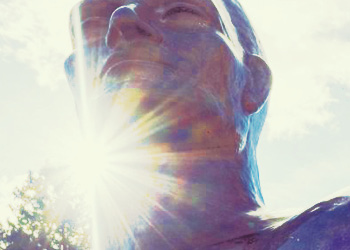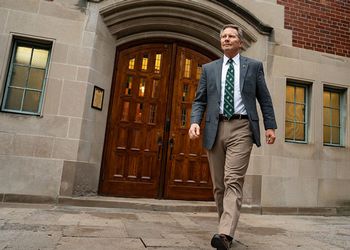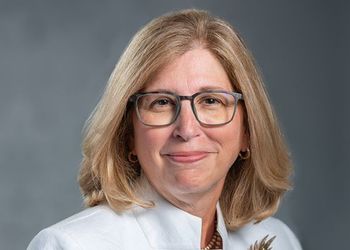Matthew Porter: Making a Better World For Wild, Captive Penguins

Matthew Porter’s love of birds started on a trip to Alaska when he was 7. He and his nature-loving parents discovered a shared passion for the avians. That’s when he decided to dedicate his life to studying and protecting birds.
“Mammals get so many people on their side that I felt like the birds needed someone,” he said, chuckling.
After graduating from MSU, Porter landed an internship with the Detroit Zoo and found his niche. Today, he works as a zookeeper in the zoo’s bird department. He never imagined that his passion for birds would lead him to the world’s harshest, most pristine ecosystem.
In 2015, the Detroit Zoological Society asked Porter to travel to Antarctica. Pleasantly shocked by the opportunity, he immediately agreed to go. He joined three field biologists, overseen by polar ecologist Bill Fraser.
Their mission? Study Antarctic birds and how climate change is affecting them.
Fraser worked with the Detroit Zoo on the design of its new Polk Penguin Conservation Center. Finished just this past April, the iceberg-shaped center hosts more than 80 penguins of four species. Porter’s trip allowed him not only to observe how the birds behave in the wild, but also to apply his observations to the new center.
First, he lugged a pair of 50-pound bags aboard a flight to Chile, where he boarded an ice-breaking vessel for a six-day trip through Drake Passage—some of the harshest waters in the world. He ended at the U.S. Palmer Station, a remote research post on the mountainous Anvers Island, next to the Antarctic Peninsula.
For the next three months, Porter joined 40 other American researchers taking advantage of the “austral summer,” the ideal time period for research. From November to March, day temperatures stay around freezing and the sun stays up for 22 hours each day. He wrote weekly in a blog run by the Detroit Zoological Society, posting pictures of his adventure for animal lovers back home.
Porter and his team zipped across the frigid Palmer Basin in Zodiacs to reach surrounding islands. They measured the hatching penguins and studied their nesting, feeding and daily habits. For Porter, seeing the species he works with in the wild was remarkable.
“I was just really overtaken to be honest,” he recalled.
For the penguins in Detroit—all captive bred—Porter’s new expertise resulted in a more natural environment: deeper water for swimming, more rocks and snow hills for climbing, a variety of nesting materials and a choice of nesting sites.
“Antarctica is now a part of me, and a very special part of our world,” Porter wrote on his blog.
The continent is one of the fastest changing areas impacted by climate change.
“It will take a worldwide effort to help our planet, but every conscious decision you make to respect, recycle and conserve will help turn the tides,” he wrote.



